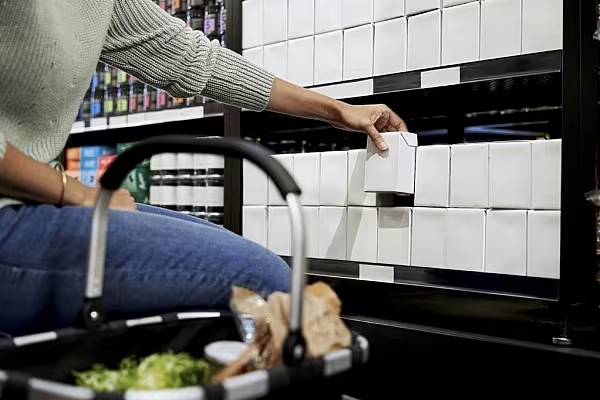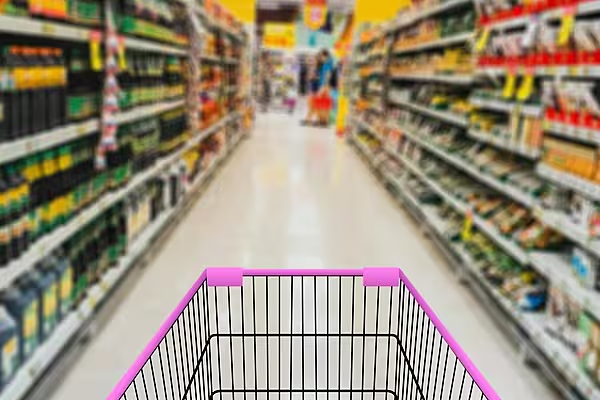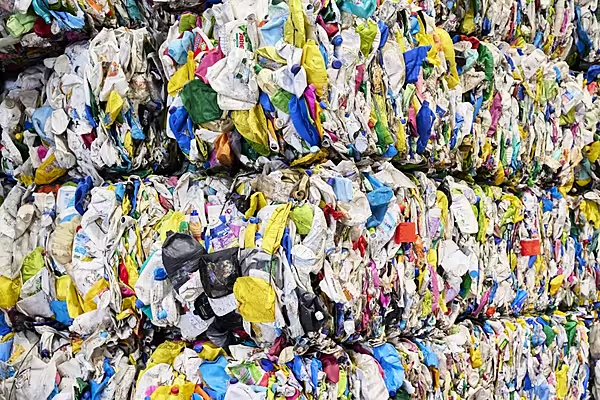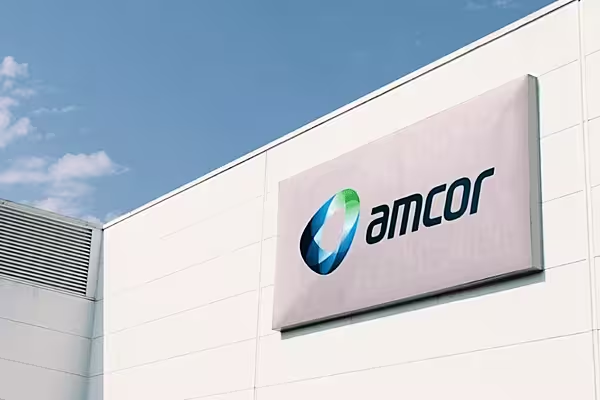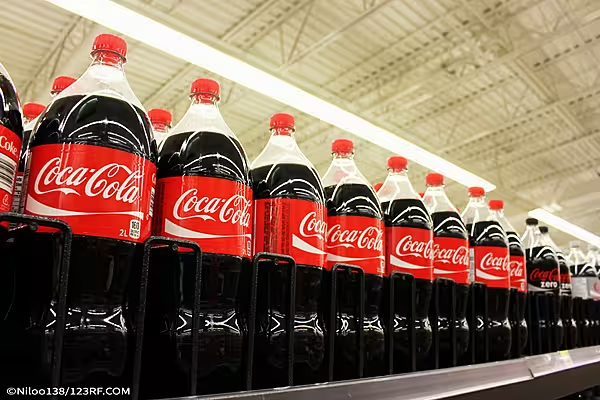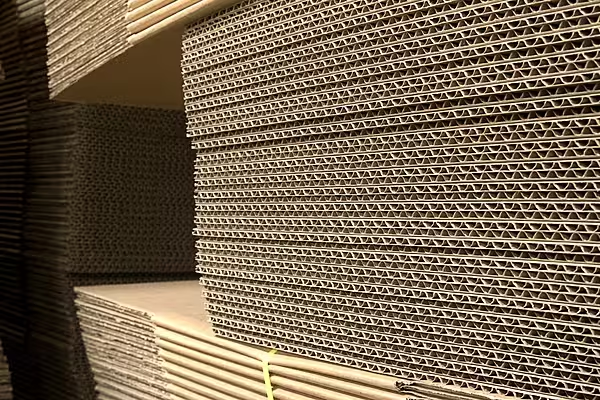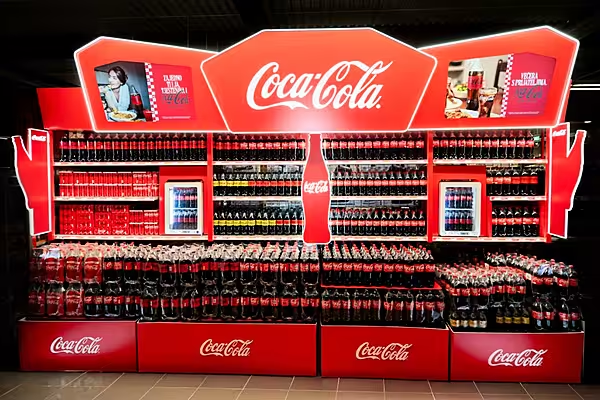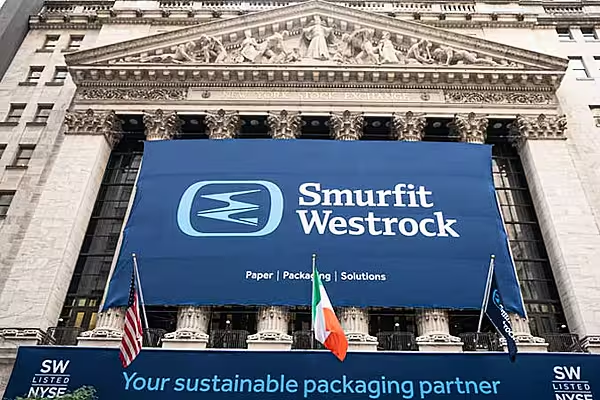Perfect for vegetables, soups, ready meals, pet food and more, Tetra Recart® is a smart, innovative solution that delivers a lower climate impact* than steel cans, glass jars and pouches, and meets the evolving needs of consumers and retailers.
Better For The Planet – And Your Environmental Profile
Based on data from Life Cycle Assessment studies in Europe*, Tetra Recart’s carbon footprint is 85% smaller than cans. Furthermore, up to 71% of the materials in each carton are made from FSC™-certified paperboard from renewable, responsibly sourced trees.
Efficient Logistics – Reduce Your Direct Product Cost
On the pallet, in the storeroom and on the shelf, Tetra Recart packages have clear benefits for retailers, all of which contribute to lower direct product costs.
1. More Product Per Pallet
It comes down to basic geometry: because Tetra Recart packages are rectangular, you get more packages – and less air – on a pallet than you do with packages with a round footprint, such as tin cans or glass jars. How many more? Between 10% and 20% more product on a pallet than for cans, and even more than that for glass jars.
2. Faster Product Replenishment On The Shelf
Other packaging formats normally come on cardboard trays shrink-wrapped in plastic, which needs to be cut off and removed before the product can be stacked on the shelves. Tetra Recart packages are delivered in open cardboard trays, with no plastic, so there is one step fewer when stocking shelves.
In addition, Tetra Recart packages always have the label facing forward, which cuts down on the time-consuming 'facing up' that can be required so that the label faces the consumer. Studies done by Tetra Recart show that the time savings for stacking shelves compared to other packaging formats can be as much as 30% to 50%.
3. More Efficient Use Of Shelf Space
Again this comes down to the benefits of having a rectangular package versus a round one. You can put 40% more Tetra Recart on your shelves compared to cans or jars, which means less frequent stock replenishment is required and more brands can fit your shelves.
4. Less Waste And Waste Handling
Choosing Tetra Recart packages reduces waste handling for retailers. Firstly, the absence of plastic mentioned above means only one waste stream to handle – cardboard from the trays.
The other aspect is that Tetra Recart packages are more rugged than cans and, in particular, jars, and better handle being dropped. A dropped and damaged carton package will often still be purchased by a consumer, but dented cans less so. Dropped glass jars? The outcome there is obvious.
Studies carried out at supermarkets in Sweden and the UK show that waste due to damaged and unsellable packages is up to 80% lower for Tetra Recart compared with cans.
If you’re interested in finding the right co-packer for your product, or you’re looking to join Tetra Recart's global network of co-packers, please visit www.tetrapak.com/contact-us/contact-sales
* LCA Study (2020) Source: Tetra Recart reports: Life Cycle Assessments of beverage cartons | Tetra Pak Global. Food section.
